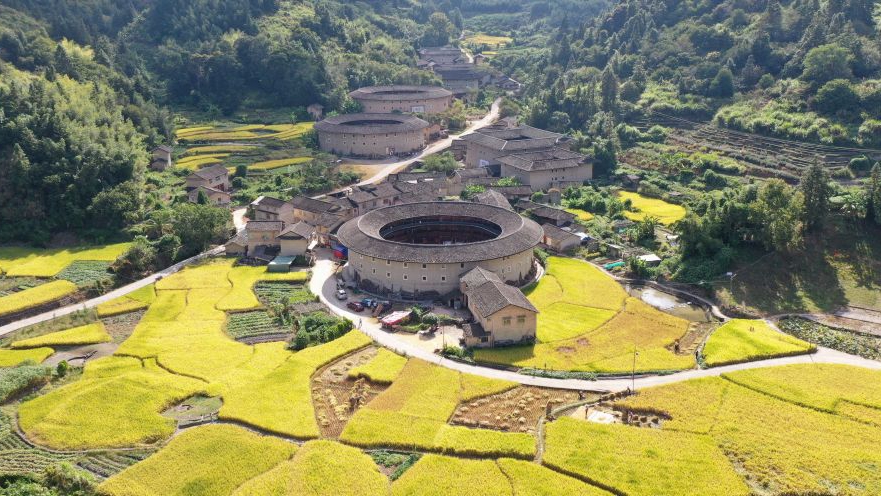Guangzhou to host SIMS 2026 event
Guangzhou, capital of Guangdong province, has won the right to host the 2026 International Conference on Secondary Ion Mass Spectrometry (SIMS), according to a statement released by the Hong Kong University of Science and Technology (Guangzhou) on Friday.
It will be the first time the international conference on SIMS is held on the Chinese mainland, demonstrating the progress China has achieved in this field in recent years.
The event will be held in HKUST (Guangzhou) which started its very first semester in Guangzhou's Nansha district in September, the statement said.
Weng Lutao, director of the Center of Materials Characterization and Preparation Facility with HKUST (Guangzhou), said China has achieved rapid progress in the development of SIMS in recent years and China's achievement in this field has been highly regarded by the Organizing Committee of SIMS.
"Meanwhile, the rapid development of the Guangdong-Hong Kong-Macao Greater Bay Area and the locational advantage of Nansha district with advanced transportation facilities have also helped Guangzhou to be qualified to hold the event," he said.
Weng is chief scientist in his center and concurrently professor of the Department of Chemical and Biological Engineering in the university.
Weng will serve as the chairman of the Organizing Committee of the 2026 International Conference on SIMS, while Li Xianhua, an isotope geochemist and academician of the Chinese Academy of Sciences, and Zhao Lixia, an expert in semiconductor materials and executive vice-dean of the School of Electrical Engineering and Automation of Tiangong University, will serve as co-chairpersons.
Weng is a core member of the Chinese team that bid for the 2026 International Conference on SIMS and he is also the only Chinese representative in the organizing committee of SIMS.
According to the statement, SIMS is one of the most widely used surface analysis technologies, which play an important role in the fields of materials, biology and earth science.
Due to the high cost of related instruments and equipment, SIMS started late in China. But China's SIMS has developed rapidly in recent years, it said.
The country has increased not only the number of instruments in academia and industry significantly, but also the level of relevant academic research.
Chinese scientists with the Institute of Geology and Geophysics, Chinese Academy of Sciences, once published three papers in world-famous academic journal Nature, after they had studied and researched a very small sample size of lunar soil brought back by lunar probe "Chang'e-5" in a very short period of time via using SIMS and other analytical techniques in October 2021.
Weng said the international conference on SIMS, which is held every two years, is the top academic event in SIMS and usually attracts top scholars and experts from all over the world.
North America, Europe and Asia usually take turns to host the event. Previously, only Japan and South Korea in Asia had hosted the event.
"China once applied to host the event, but failed for various reasons," said Weng.
Photos
Related Stories
- Scientists achieve long-range, high-precision time-frequency dissemination
- Chinese scientists discover history of volcanic eruptions in Chang'e-5 landing region
- Three scientists win China's 2022 Future Science Prize
- Chinese scientists make breakthroughs in sheep genomics
- Chinese scientists identify evolution of H5N1 avian influenza virus
Copyright © 2022 People's Daily Online. All Rights Reserved.









